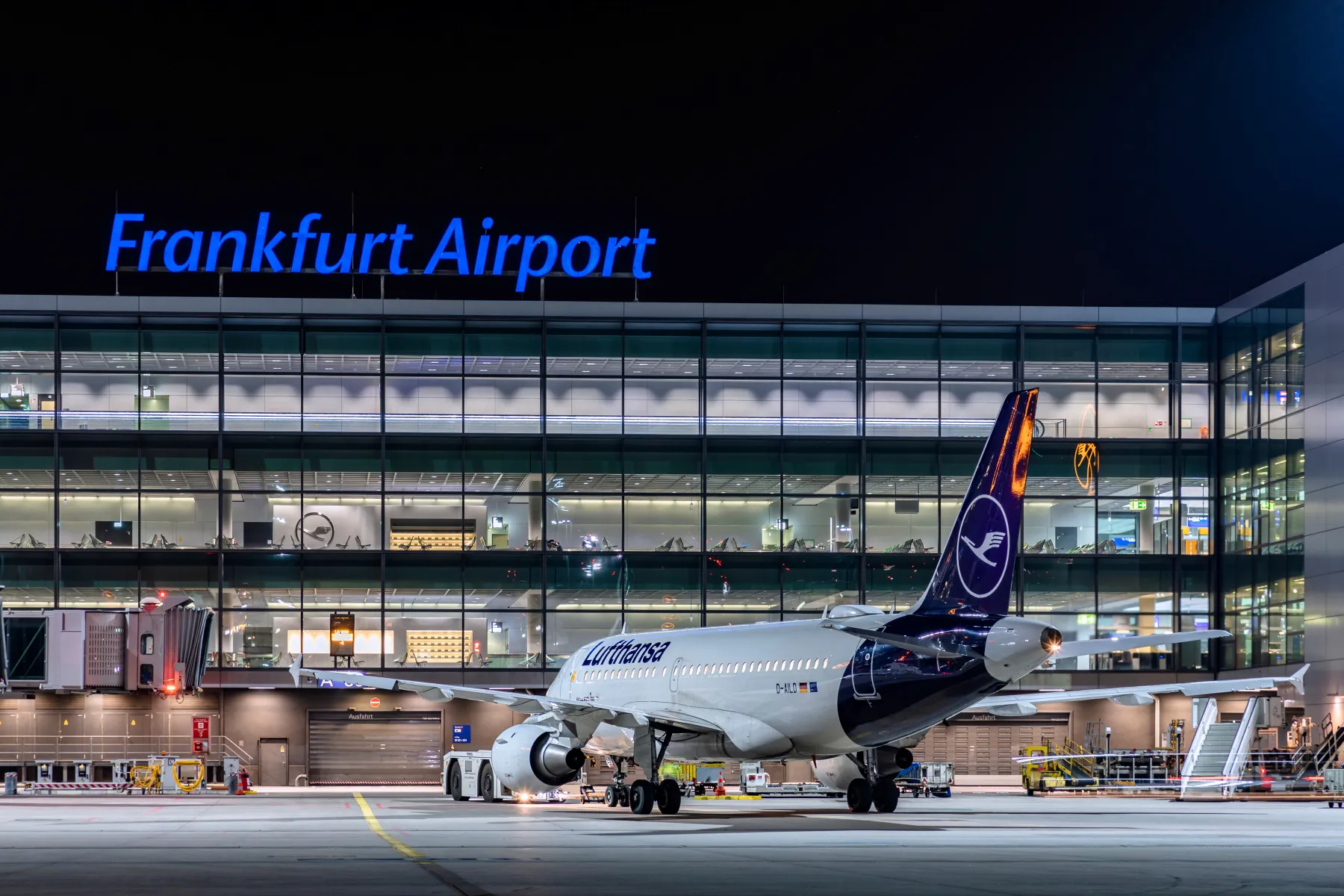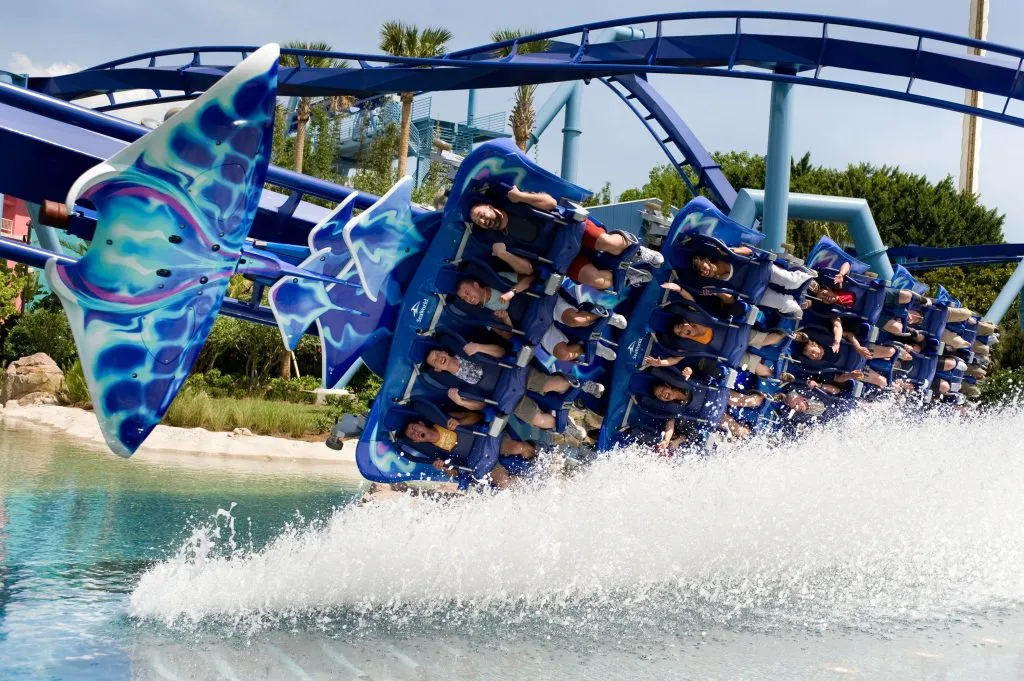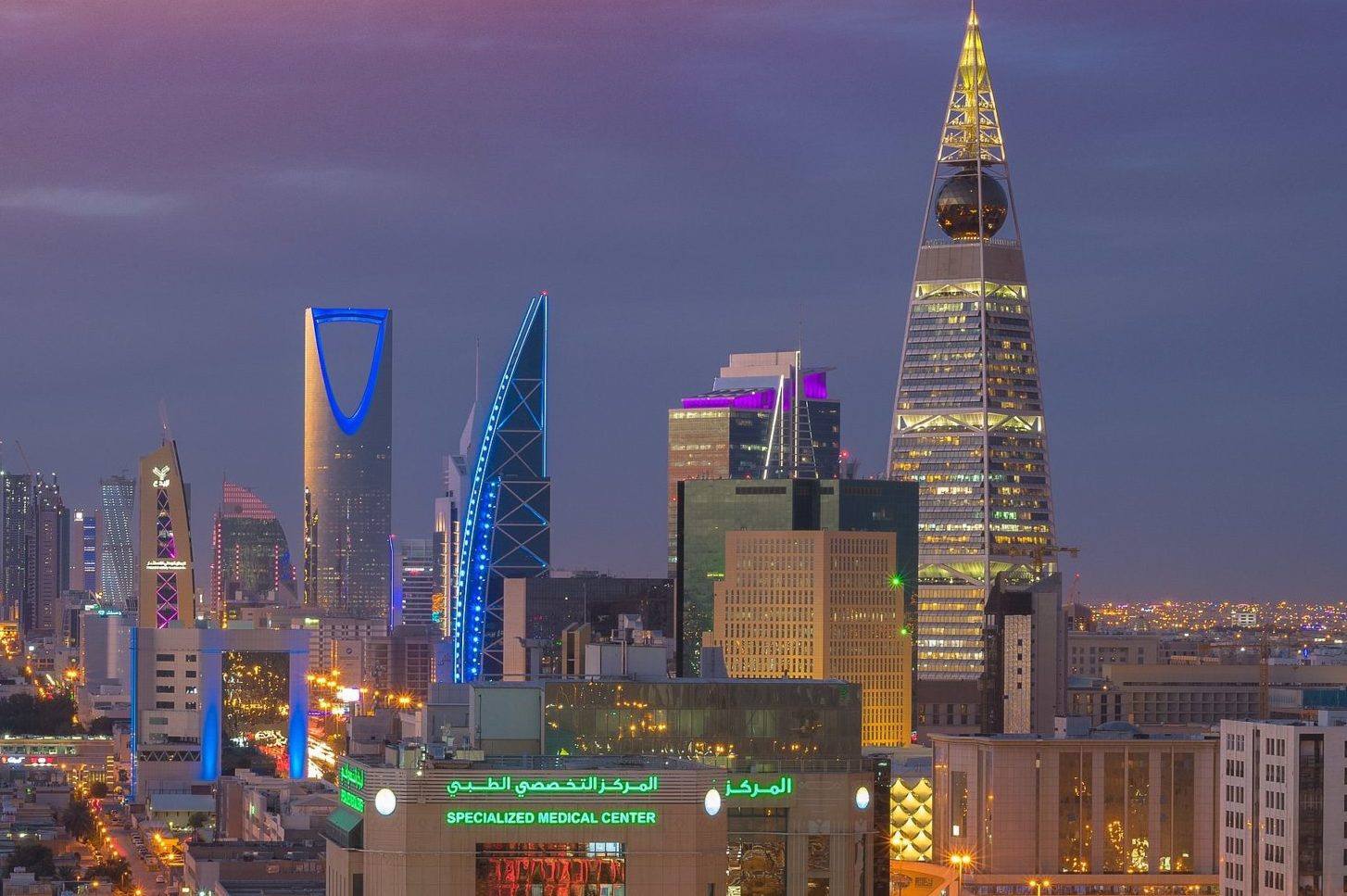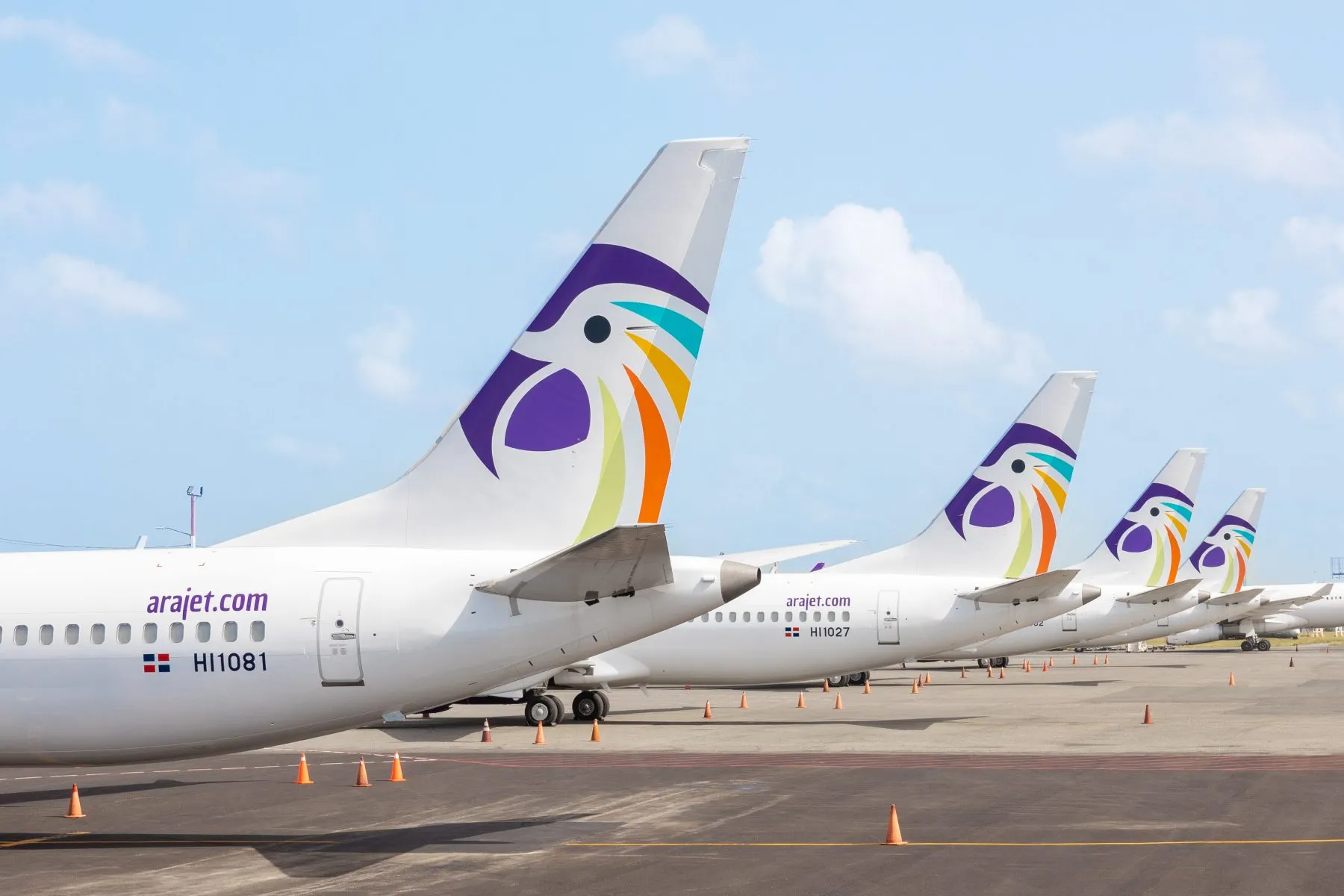JFK Airport Is Getting an American Express Centurion Lounge
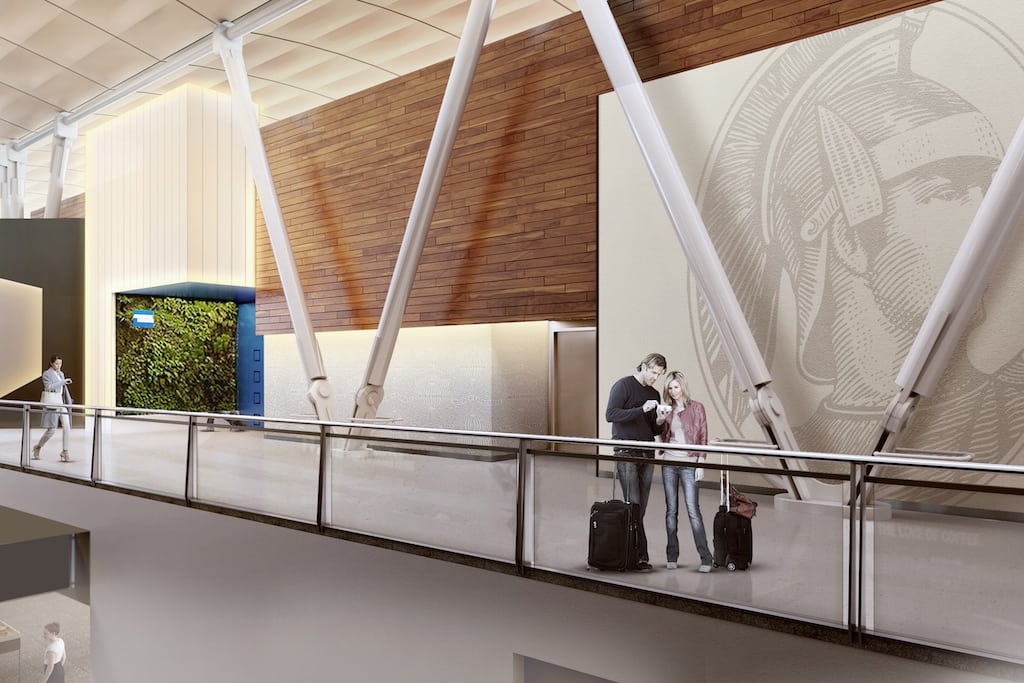
Skift Take
American Express, which uses a network of luxury airport lounges to help it attract and retain high-spenders, often in larger markets, soon will open its first club at New York's John F. Kennedy International Airport.
The company announced it Tuesday, promising its largest-ever Centurion Lounge in Terminal 4, shared by Delta Air Lines and more than 30 international carriers. It will have more than 15,000 square feet on two levels, and should open by early next year.
"We chose our locations based on where our cardmembers travel the most," Josh McKay, vice president and general manager for global benefits and services at American Express, said in an interview. "We have chosen JFK because New York City is the No. 1 location we see our card members traveling to."
The Centurion lounge is perhaps American Express' most effective tool to win wealthier, travel-focused cardholders, willing to pay the high annual fees for cards. The Platinum card costs $550 per year, while the more exclusive Centurion costs $2,500 plus a $7,500 initiation fee, according to American Express' website. Cardholders get many perks, but McKay called lounge access, "the No. 1 travel benefit in the eyes of our customers."
A decade ago, American Express had a near lock on high-end cardholders. But in recent years, Chase, Bank of America and Citibank have sought to attract the same consumers with travel-focused cards. The most formidable competitor is probably Chase Sapphire Reserve card, introduced in August 2016, which is especially popular among younger customers.
The three big competitors do not have their own airport lounges, however. Instead, they contract with existing lounges and lounge networks, such as Priority Pass, so cardholders can access clubs at most airports.
American Express also has contracts with Priority Pass and existing lounge operators — cardholders can access Delta lounges when flying Delta, for example — but its the American Express Centurion clubs tend to be more popular. They're often more opulent, — with gourmet food, complimentary bar and shower suites —than traditional airline or third-party operated clubs.
The JFK lounge, according to American Express, will also include "special new features" to be announced later.
American Express now has nine lounges, though it has yet to build one in Chicago or Los Angeles, and has only one, in Hong Kong, outside the United States. McKay said American Express is looking to add more lounges abroad and in the United States, but while at one point it had teased a new lounge for Los Angeles, none is imminent.
"Los Angeles remains an attractive target for us," he said.

